Preston and District Wildfowlers Association

Preston and District Wildfowlers Association
“Conservation is Our Aim”

The Hutton Marsh Conservation Scheme
The Hutton Marsh Conservation Scheme came about following several years planning and extensive consultation with Natural England, the Wildlife Habitat Charitable Trust (WHCT) and the Hesketh family.
This was followed by detailed ecological study and a management plan to inform the implementation of site infrastructure, habitat creation and enhancement, and the monitoring aspects of the work.
All this work was enabled by generous grant funding by WHCT (now BASC Wildlife Fund) and Lancashire Environment Fund. PDWA have also committed considerable funds and man power to the project.
Broadly the scheme’s objectives are to enhance and create habitat for ground-nesting birds and passage/summer migrants, whilst being compatible with current farming practices and Natural England’s long-term objectives for the SPA/SSSI.
Specific objectives include:
Provision of undisturbed/un-grazed ground-nesting bird habitat during the nesting period.
Create new reed beds for warblers and passage migrants.
Increase floristic diversity through the re-introduction of locally native emergent and aquatic plants.
Reprofile steep banks to ease entry and exit from water by wader chicks.
Creation of a pebble beach and pebble topped islands for wader nesting habitat
Provide water level management infrastructure.
Increase the number of duck nesting tubes for mallard to encourage shelduck that have adopted the ground-based nest boxes.
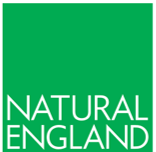
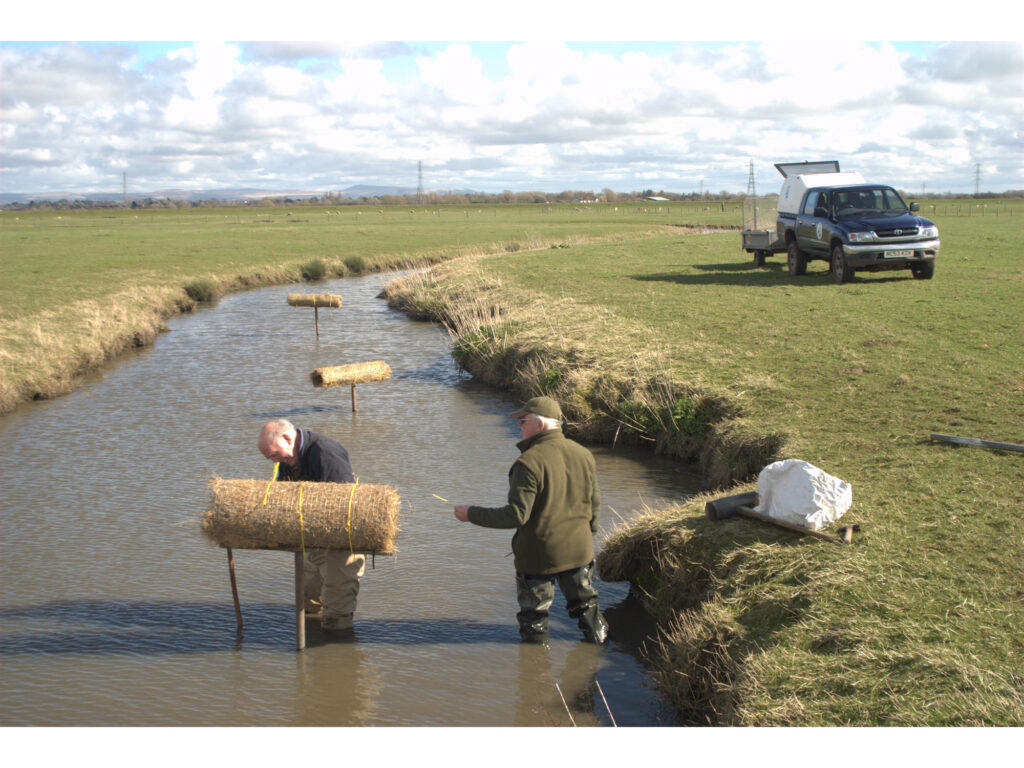
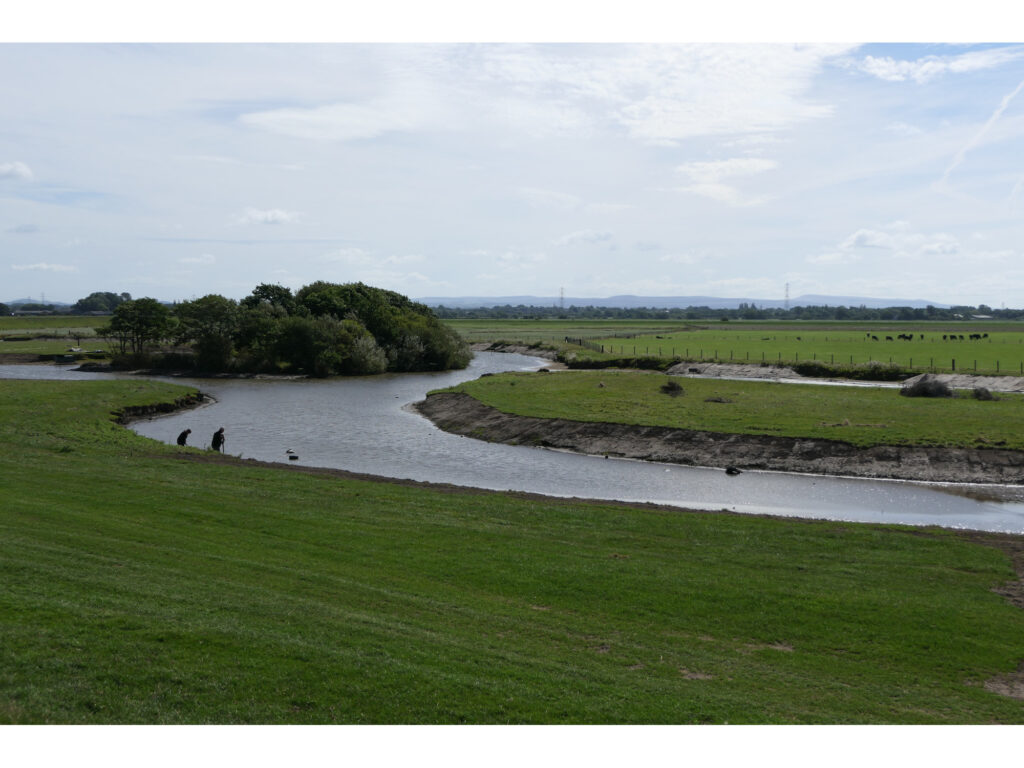
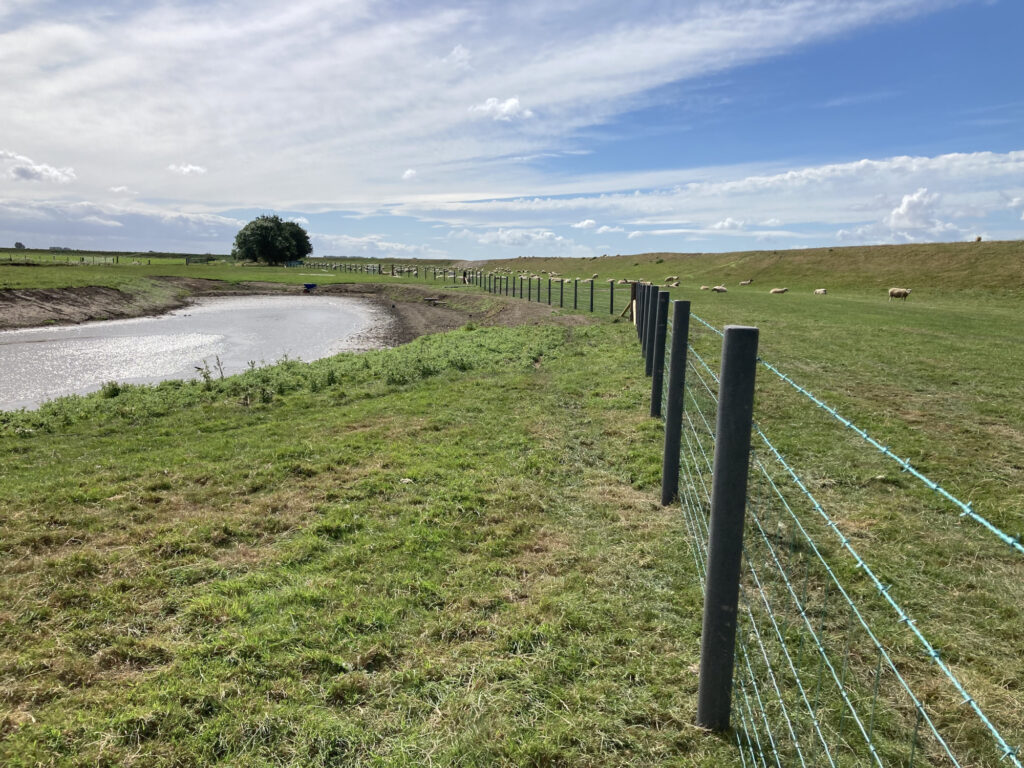
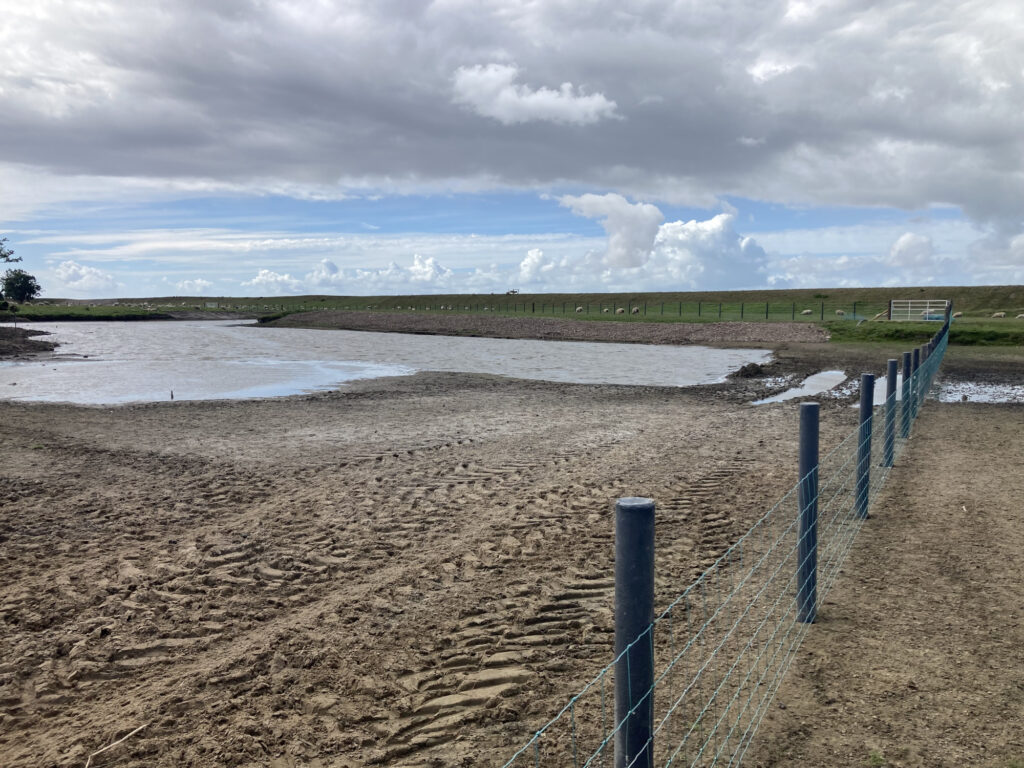
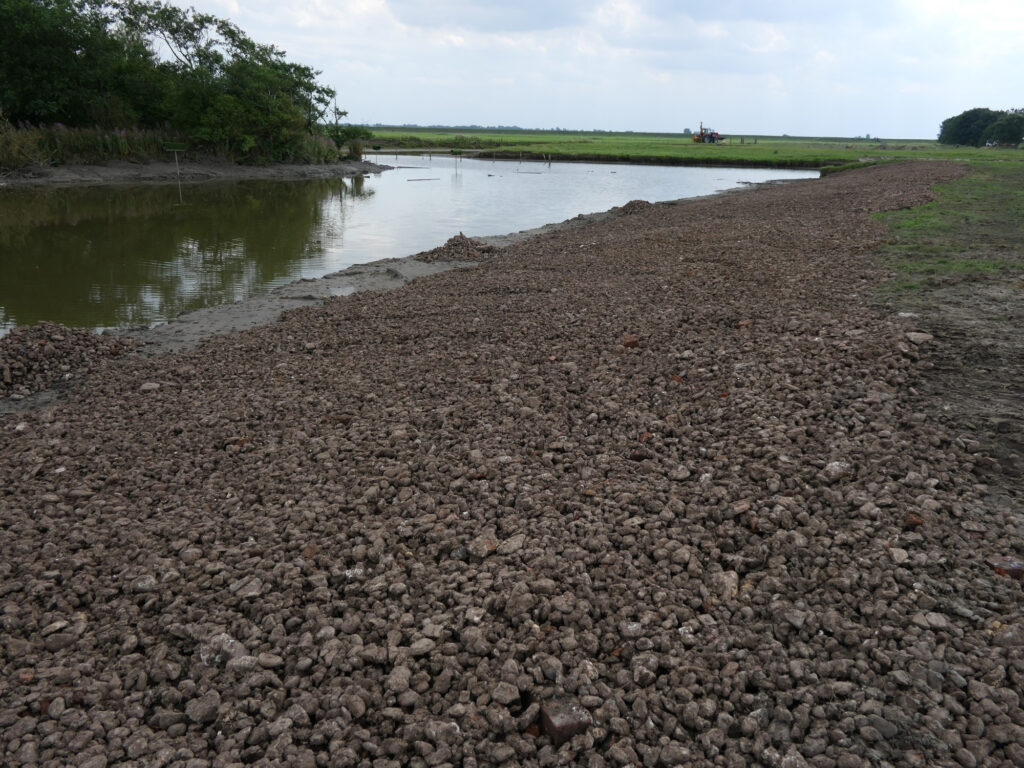
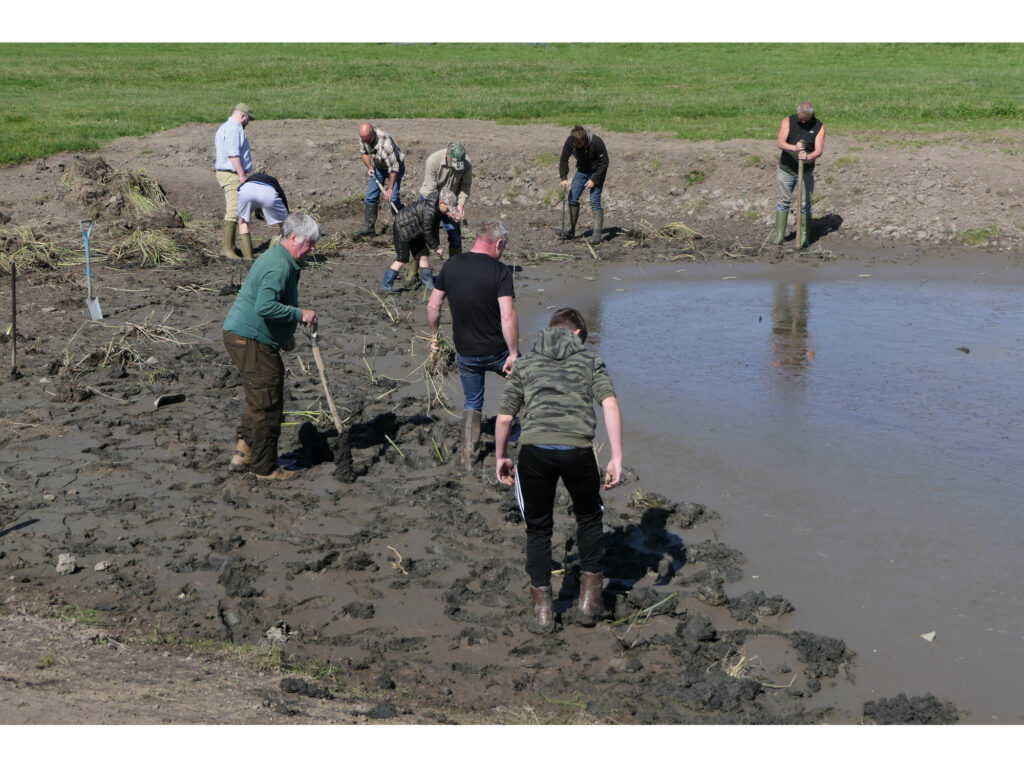
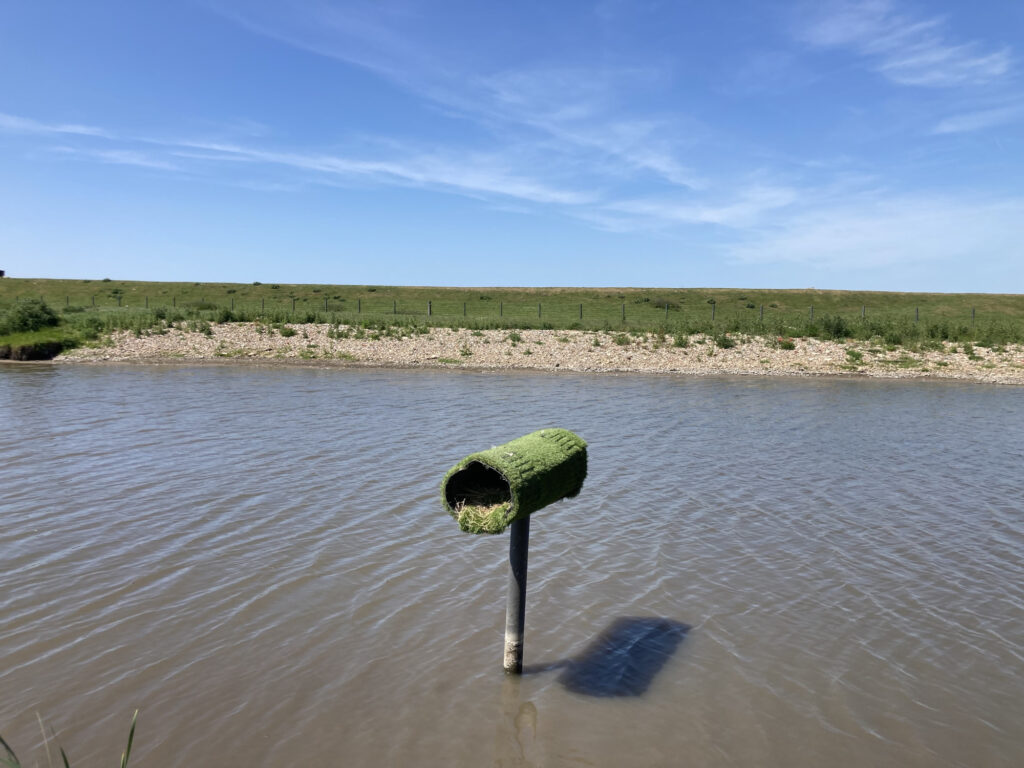
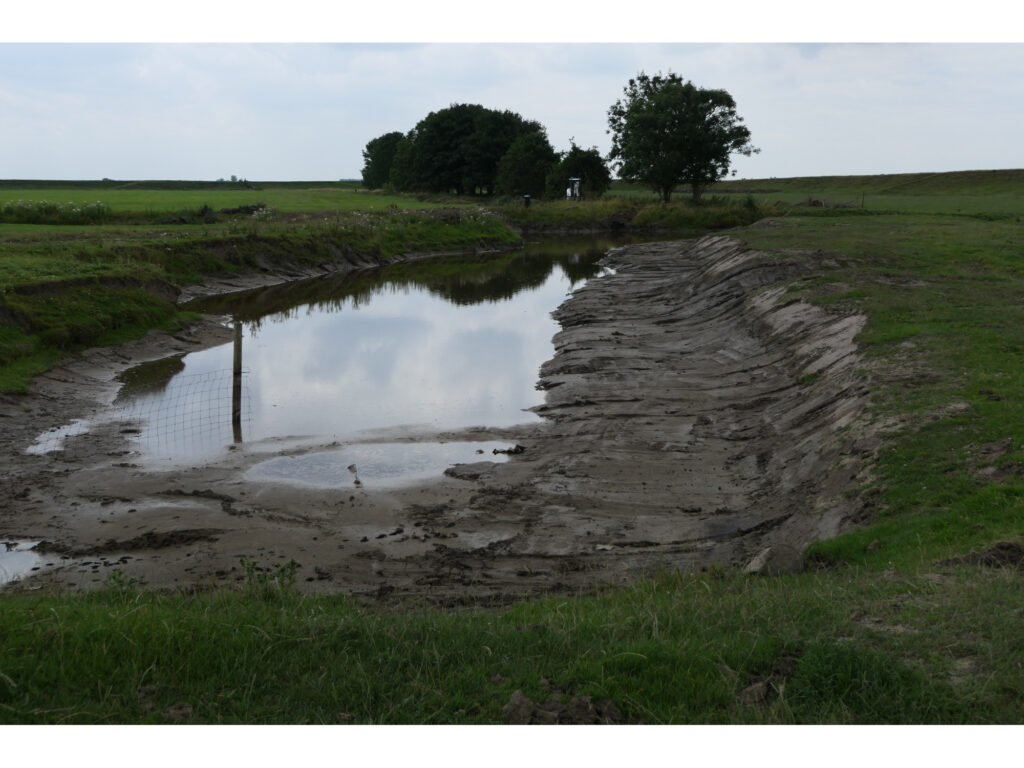
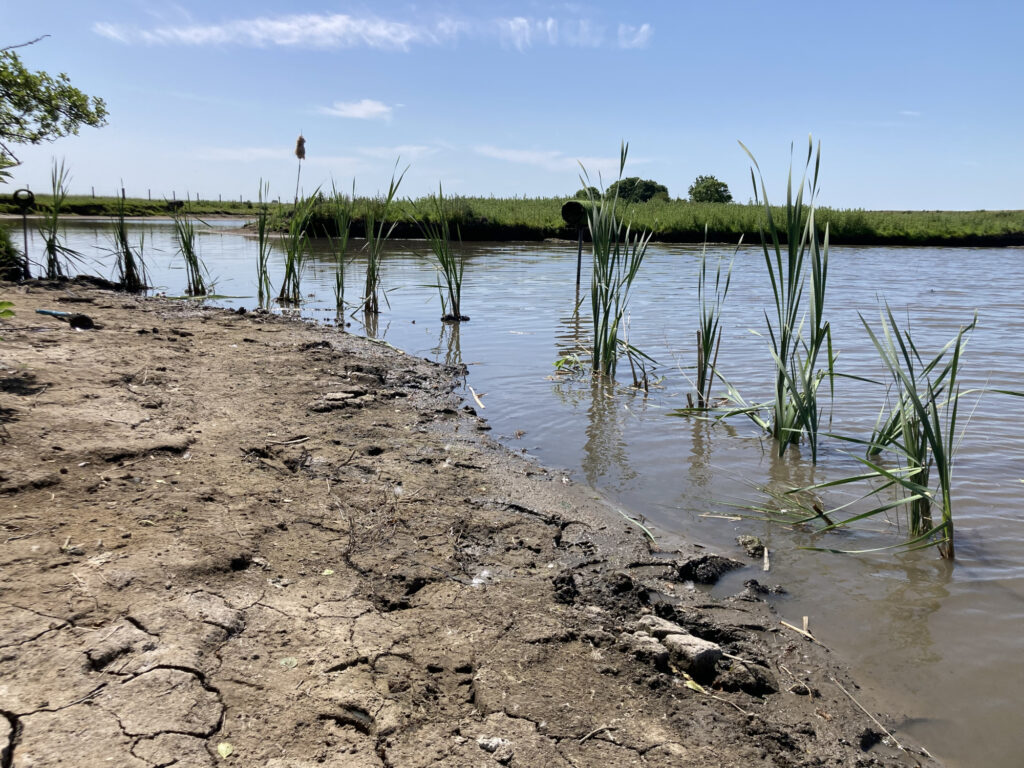
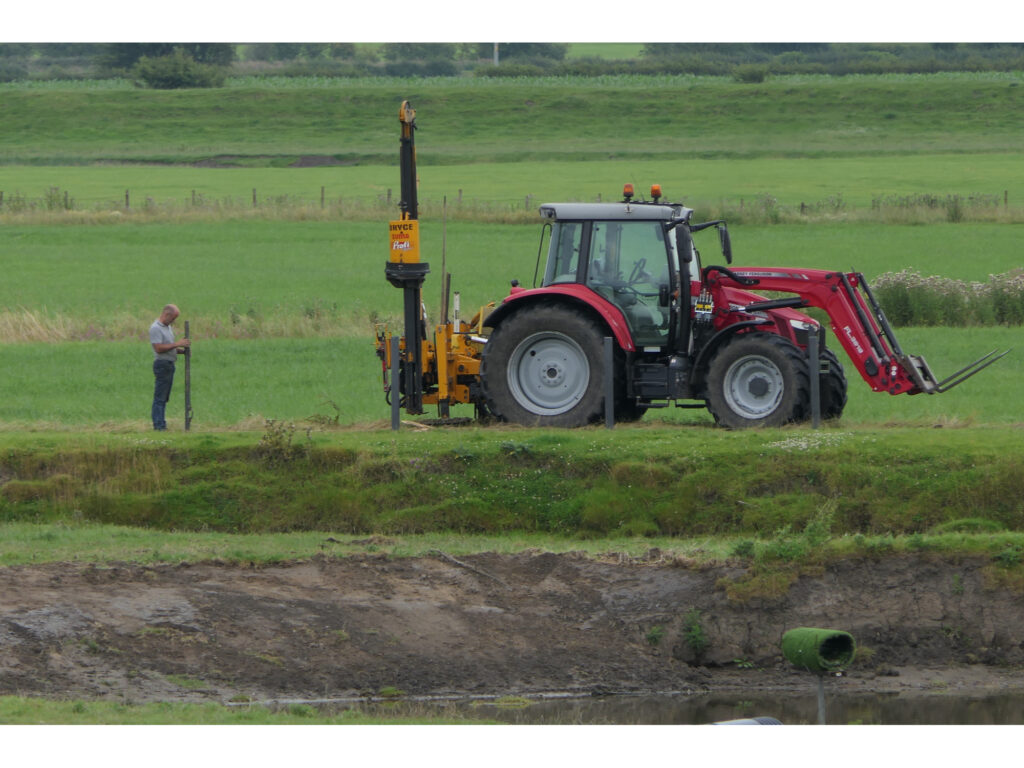
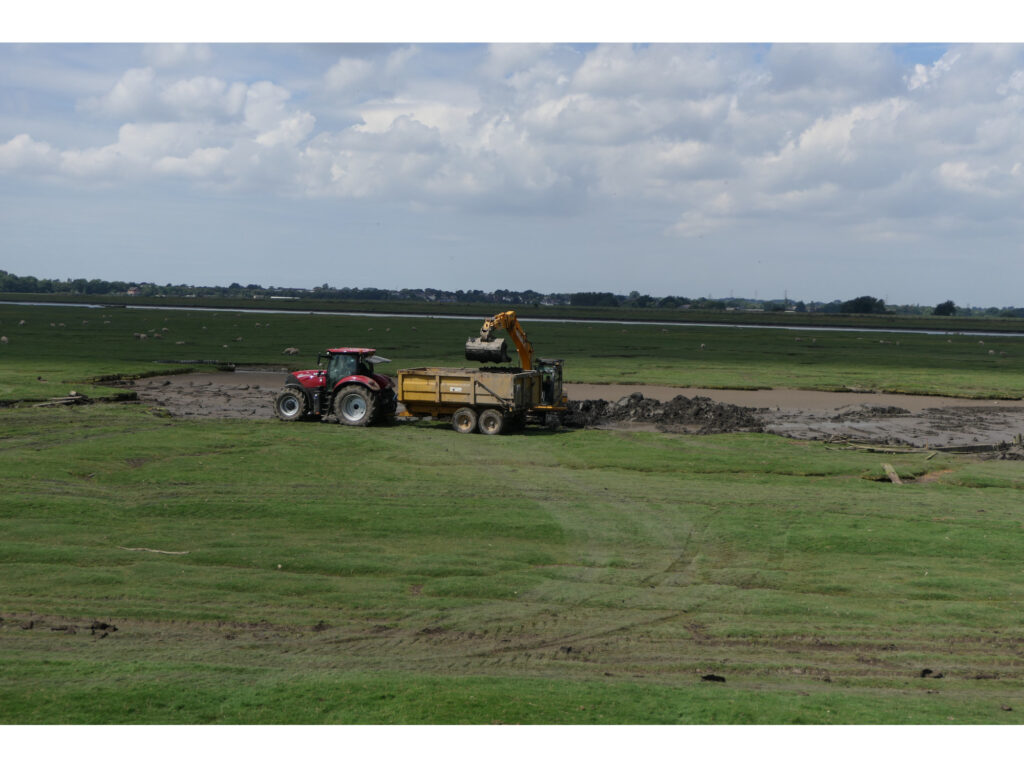
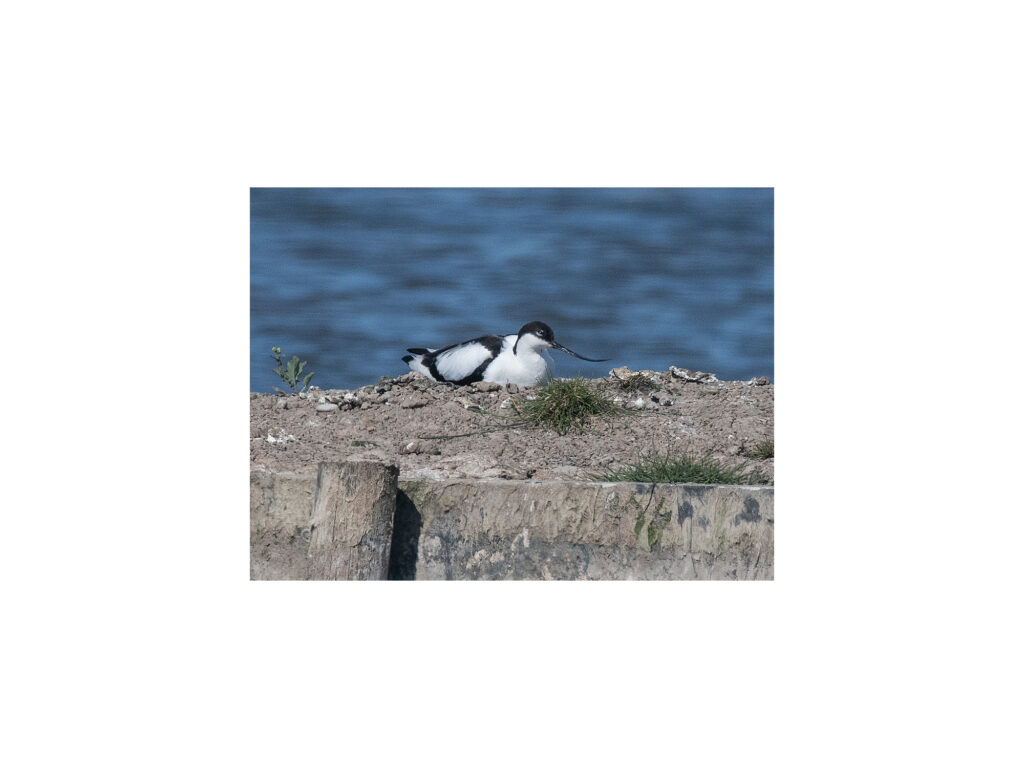
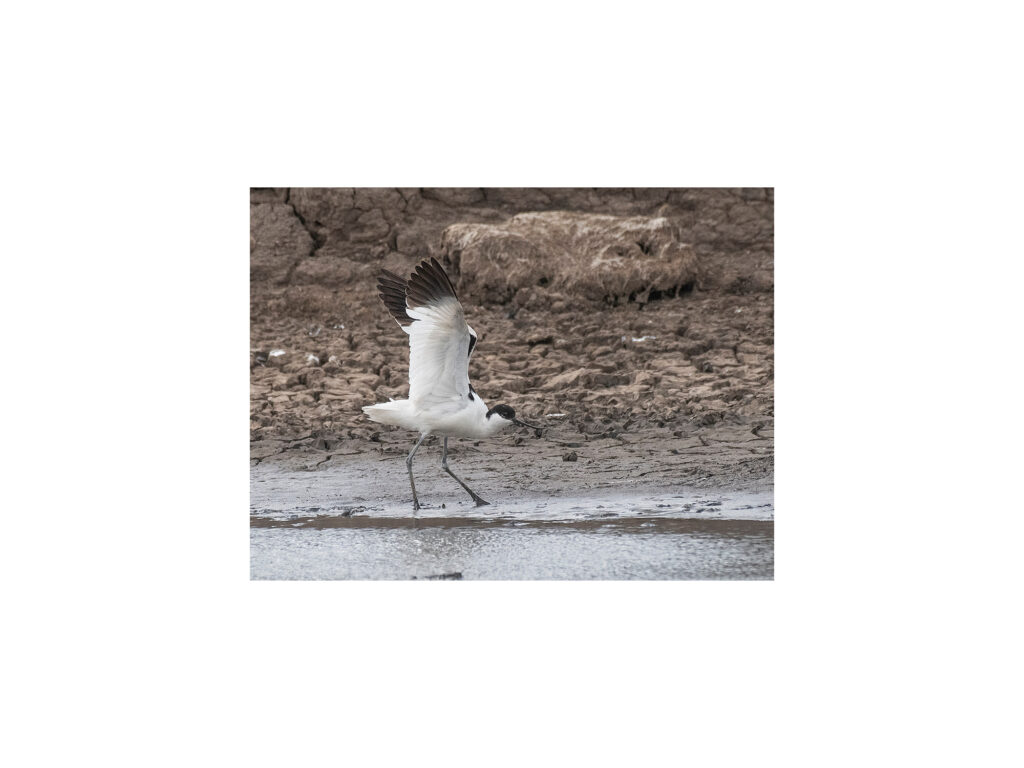
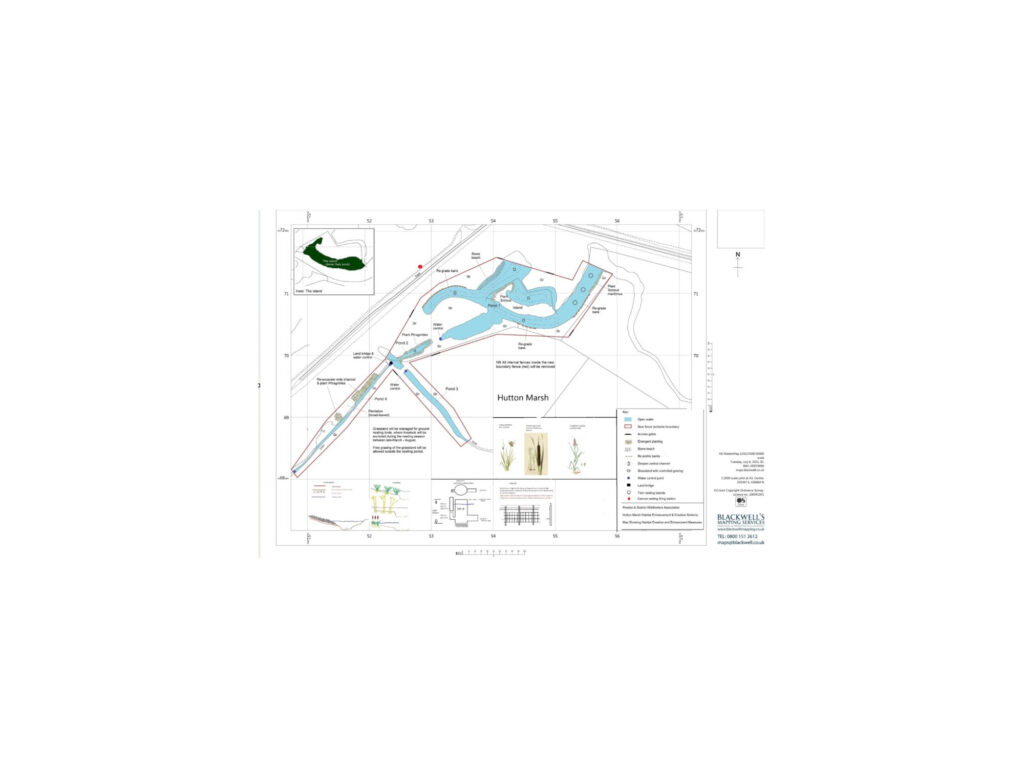
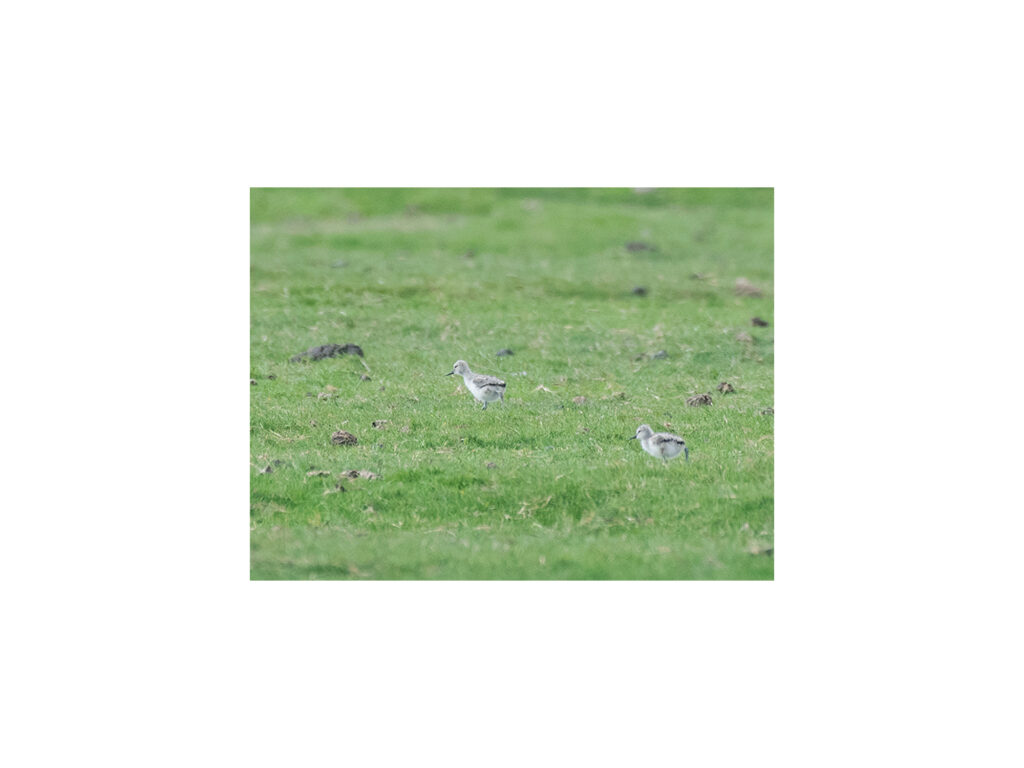
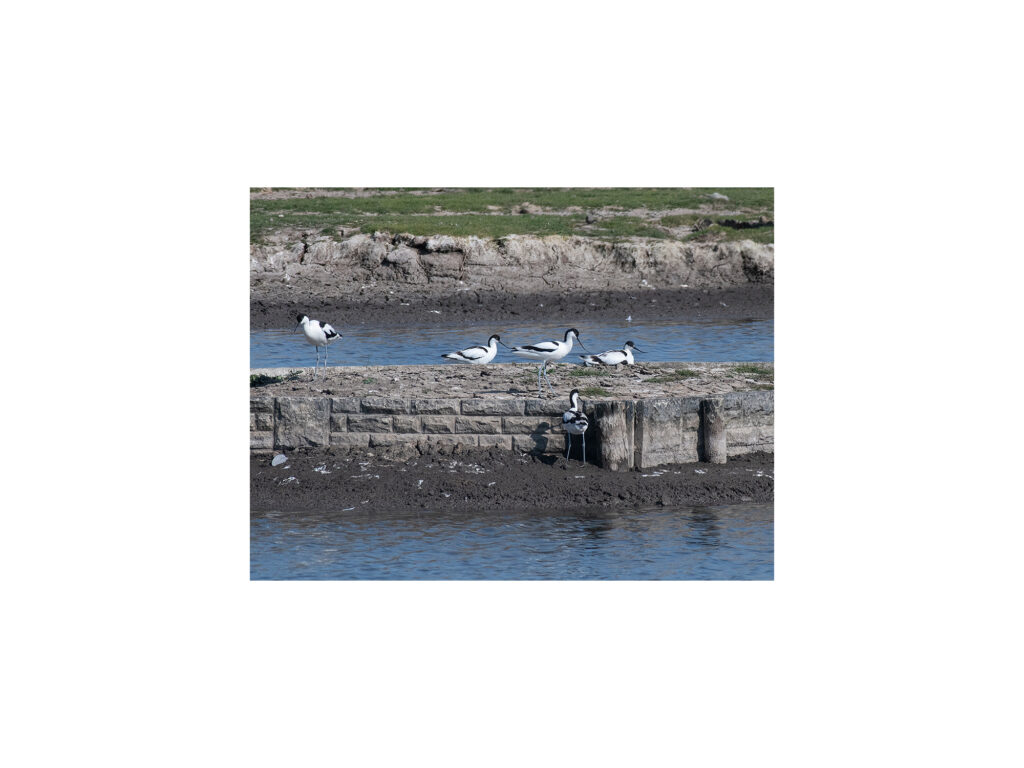
Further plans for the project include bat boxes, sand martin nesting bank, solitary bee hotels, and a shelduck nesting warren.
The scheme is backed up by a full programme of annual project monitoring and reporting.
The initial project monitoring report in summer 2023 has shown great success in the very early stages of the project, including successful nesting by avocet, redshank, oystercatcher and little ringed-plover. The duck nest tubes have also been used to great success by resident mallard, plus shoveler and gadwall. Shelduck have also successfully used in the nest boxes.
This project demonstrates PDWA’s long-term commitment not just towards creating and maintaining conditions conducive to sustainable wildfowling, but also restoring and managing habitats for a range of non-quarry species.